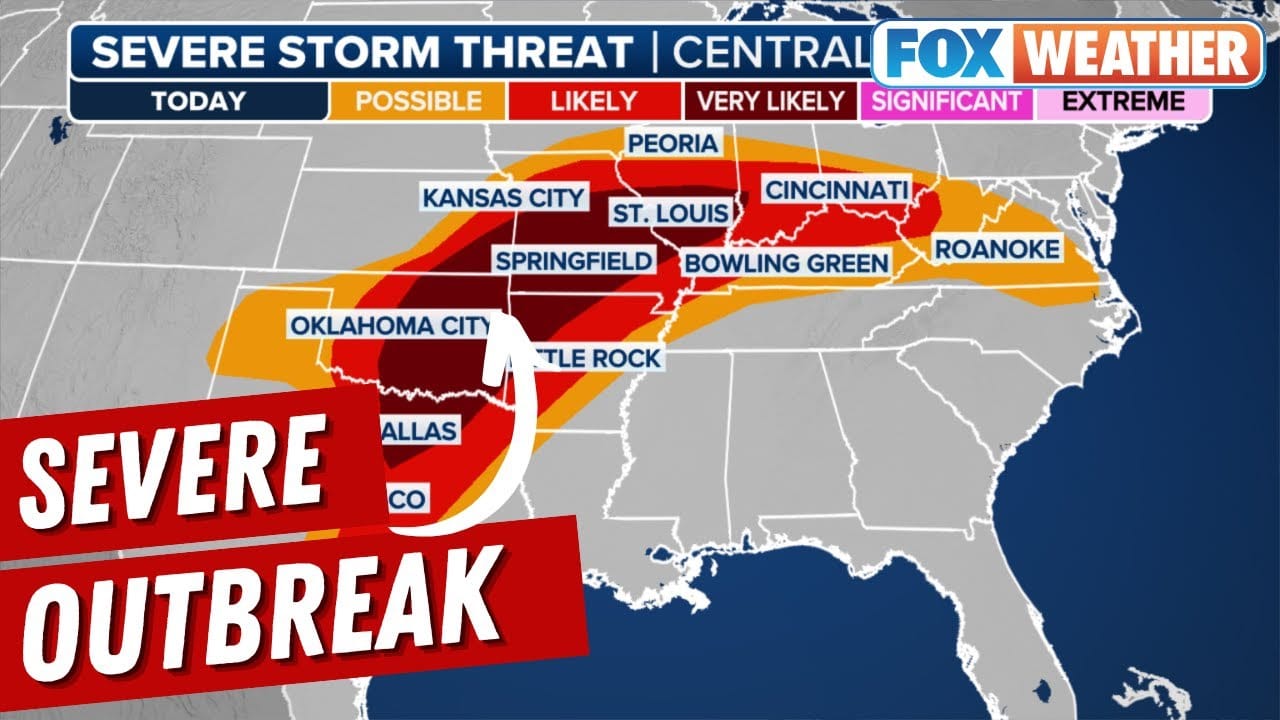On a tense afternoon in Tel Aviv, a missile fired by Houthi forces from Yemen struck the city, resulting in minor injuries among civilians. The missile attack, which occurred in the early hours of the day, marks a significant escalation in hostilities in the already volatile region and raises questions about the reach and capabilities of the Houthi military forces.
Initial reports indicate that the missile struck a commercial area, leading to damage to property and the wounding of several individuals. Emergency services responded quickly, treating those injured and securing the area to prevent further incidents. Officials from the Israeli Defense Forces (IDF) confirmed that the missile was intercepted by Israel’s air defense system; however, debris from the interception caused damage and injuries below.
Israeli Prime Minister condemned the attack, stating that any assault on Israeli territory would not be tolerated. He emphasized the importance of taking all necessary measures to ensure the safety of citizens and protect national security. Emphasizing Israel’s capabilities, he detailed ongoing military operations to reinforce defensive measures against such threats.
The Houthis, an armed group based in Yemen, have been engaged in conflict with a Saudi-led coalition since 2015. Their missile technology has developed significantly over the years, allowing them to reach targets previously considered safe distances. Analysts suggest that this attack on Tel Aviv could represent a new phase in the Houthi campaign, as they seek to extend their reach and make a statement in the international arena.
Regional experts weigh in, noting that the missile strike could have various implications for the Middle East. This incident represents a notable shift in the strategic landscape, illustrating that the conflict in Yemen can extend beyond that country’s borders. It raises the prospect of similar attacks in the future, prompting concerns among other nations in the region regarding their own security.
In response to the attack, Israeli military forces began reinforcing positions along the border with Gaza and Lebanon, responding to potential retaliatory threats. Additionally, there is an increased focus on surveillance and intelligence-gathering operations to mitigate future attacks from Houthi forces or other hostile entities. Security experts advocate for a multilateral approach, encouraging collaboration between nations to address the emerging threats of missile technology proliferation.
Sociopolitical ramifications also emerge due to this attack. As various factions vie for power within the region, the Houthi missile strike on Tel Aviv could have wide-ranging effects on diplomatic relations. Israeli officials may reconsider their foreign policy stances towards neighboring countries, particularly in light of possible retaliatory measures. This scenario may further exacerbate pre-existing tensions and complicate efforts to negotiate peace.
As the situation unfolds, the international community has begun to react to the missile strike. Various governments have expressed concern over the escalation of conflict and violence. Statements from Western leaders highlight the need for stability in the region and express solidarity with Israel in the face of such aggression. The potential for diplomatic discussions about security arrangements and arms control policies may emerge from this incident, fueled by a collective desire to prevent further escalation.
The Houthis maintain that their attacks are retaliatory responses to the ongoing blockade and military operations against them. They claim that their actions are legitimate military responses to defend their sovereignty and that the missile strike against Tel Aviv serves as a powerful symbol of their capability and resolve.
As investigations continue, Israeli authorities work to assess the damage and understand the nature of the security breaches that allowed this incident to unfold. Lessons learned from this attack will likely shape future military strategies and defensive measures, with an emphasis on enhancing both intelligence capabilities and missile defense systems.
This incident highlights the intricate ties between local conflicts and broader geopolitical dynamics. As the region faces increasing uncertainty, the ramifications of this missile strike will likely serve as a pivotal moment in the ongoing developments in Middle Eastern politics, military strategy, and international relations.



